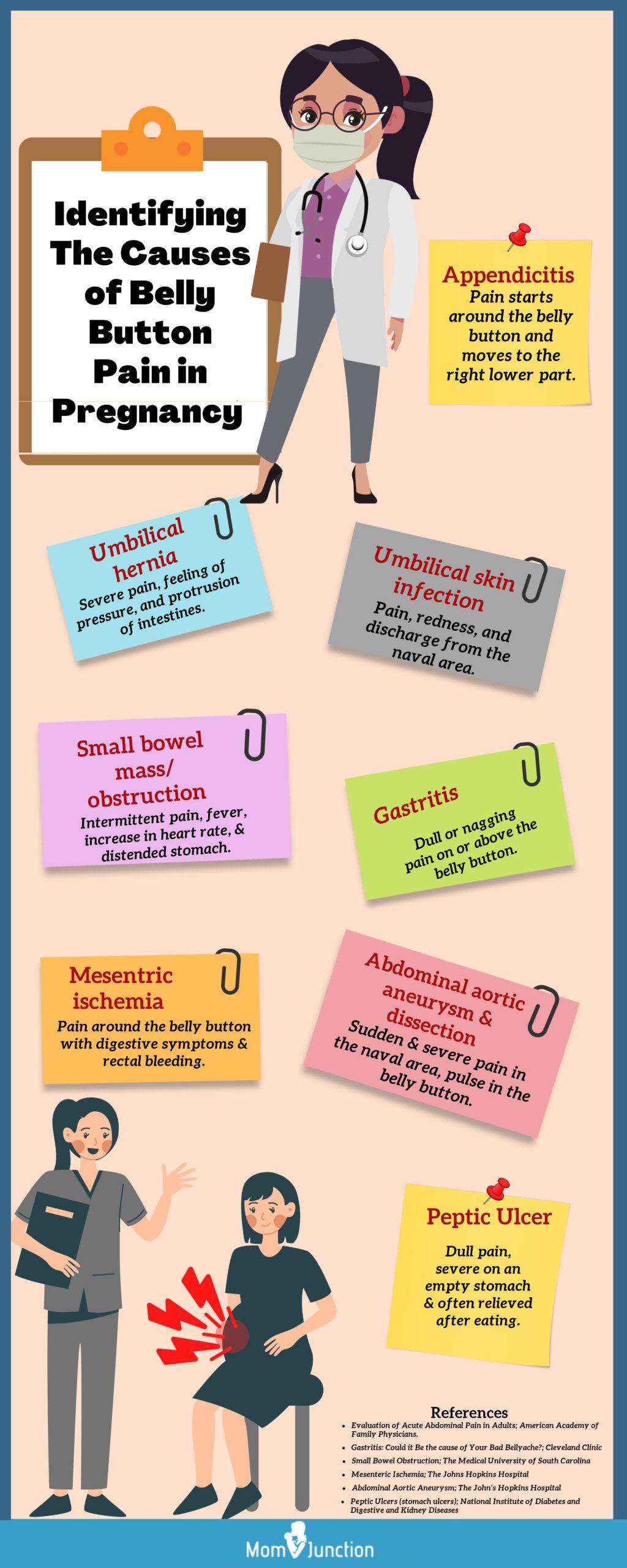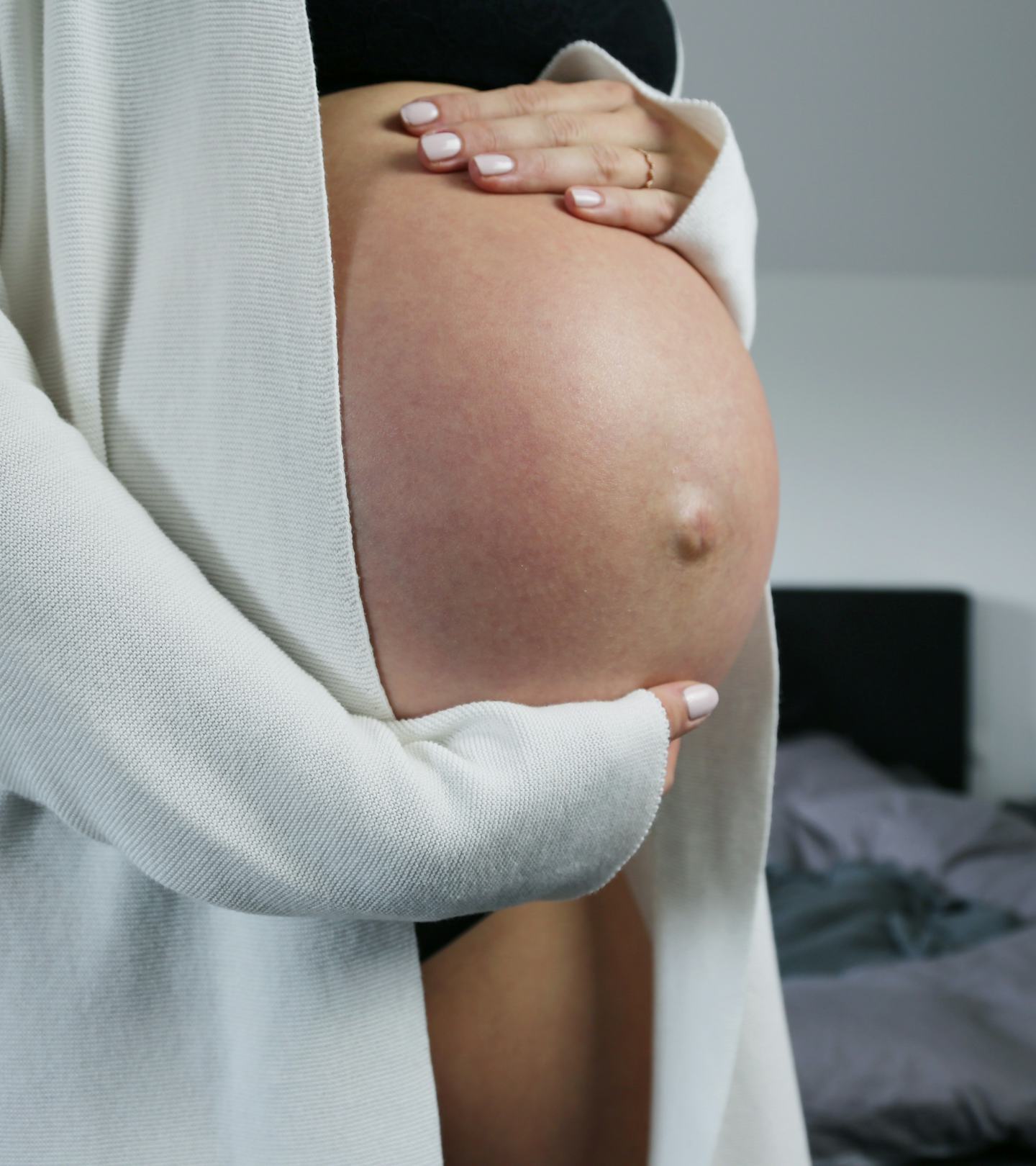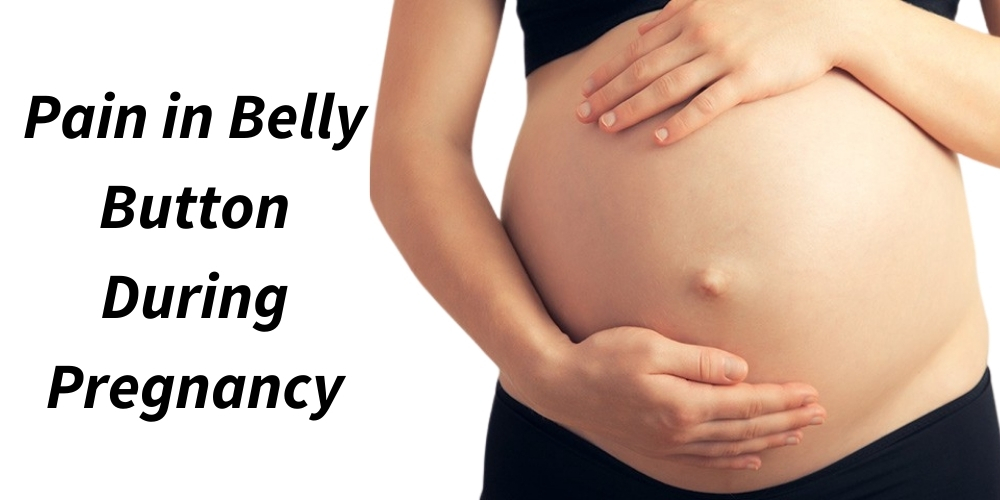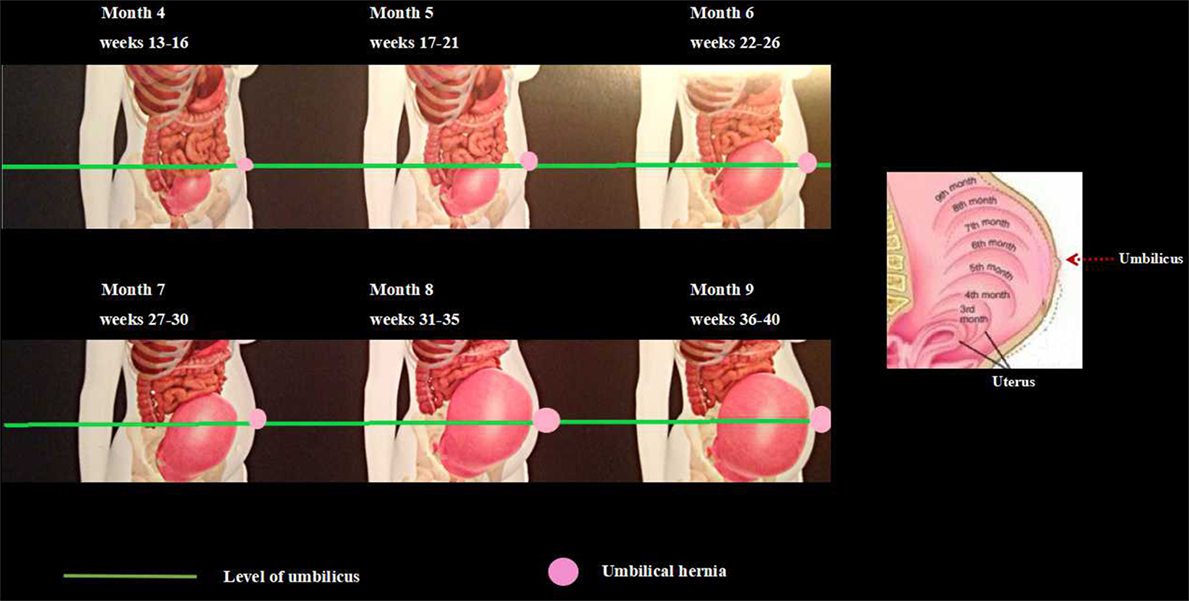Pain At Umbilicus During Pregnancy
Pain At Umbilicus During Pregnancy - If you've noticed that the appearance of your belly button has changed during pregnancy, you're not alone. During pregnancy, you might experience bellybutton pain. Here’s why this happens and when you need to call your doctor. You might also have a dull achy pain in the belly button area that becomes more noticeable when you're active, bend over, sneeze, cough or laugh.
During pregnancy, you might experience bellybutton pain. You might also have a dull achy pain in the belly button area that becomes more noticeable when you're active, bend over, sneeze, cough or laugh. Here’s why this happens and when you need to call your doctor. If you've noticed that the appearance of your belly button has changed during pregnancy, you're not alone.
Here’s why this happens and when you need to call your doctor. You might also have a dull achy pain in the belly button area that becomes more noticeable when you're active, bend over, sneeze, cough or laugh. During pregnancy, you might experience bellybutton pain. If you've noticed that the appearance of your belly button has changed during pregnancy, you're not alone.
Can The Baby Pull On The Umbilical Cord? Belly Button Pain in Pregnancy
You might also have a dull achy pain in the belly button area that becomes more noticeable when you're active, bend over, sneeze, cough or laugh. If you've noticed that the appearance of your belly button has changed during pregnancy, you're not alone. During pregnancy, you might experience bellybutton pain. Here’s why this happens and when you need to call.
7 Causes Of Belly Button Pain During Pregnancy And Remedies
During pregnancy, you might experience bellybutton pain. Here’s why this happens and when you need to call your doctor. You might also have a dull achy pain in the belly button area that becomes more noticeable when you're active, bend over, sneeze, cough or laugh. If you've noticed that the appearance of your belly button has changed during pregnancy, you're.
Pain Below Chest Left Side During Pregnancy at robertdrico blog
If you've noticed that the appearance of your belly button has changed during pregnancy, you're not alone. You might also have a dull achy pain in the belly button area that becomes more noticeable when you're active, bend over, sneeze, cough or laugh. During pregnancy, you might experience bellybutton pain. Here’s why this happens and when you need to call.
Belly Button during Pregnancy Causes, Pain Relief & Prevention
During pregnancy, you might experience bellybutton pain. You might also have a dull achy pain in the belly button area that becomes more noticeable when you're active, bend over, sneeze, cough or laugh. If you've noticed that the appearance of your belly button has changed during pregnancy, you're not alone. Here’s why this happens and when you need to call.
Belly Button Pain During Pregnancy Causes & What To Do For Pain
You might also have a dull achy pain in the belly button area that becomes more noticeable when you're active, bend over, sneeze, cough or laugh. During pregnancy, you might experience bellybutton pain. Here’s why this happens and when you need to call your doctor. If you've noticed that the appearance of your belly button has changed during pregnancy, you're.
Belly button pain during pregnancy Causes and Treatment
During pregnancy, you might experience bellybutton pain. You might also have a dull achy pain in the belly button area that becomes more noticeable when you're active, bend over, sneeze, cough or laugh. If you've noticed that the appearance of your belly button has changed during pregnancy, you're not alone. Here’s why this happens and when you need to call.
Why there is Pain in the Belly Button During Pregnancy? DoctorsDubai
Here’s why this happens and when you need to call your doctor. You might also have a dull achy pain in the belly button area that becomes more noticeable when you're active, bend over, sneeze, cough or laugh. During pregnancy, you might experience bellybutton pain. If you've noticed that the appearance of your belly button has changed during pregnancy, you're.
What are the Possible Reasons of Pain Near the Belly Button During
If you've noticed that the appearance of your belly button has changed during pregnancy, you're not alone. During pregnancy, you might experience bellybutton pain. Here’s why this happens and when you need to call your doctor. You might also have a dull achy pain in the belly button area that becomes more noticeable when you're active, bend over, sneeze, cough.
7 Causes Of Belly Button Pain During Pregnancy And Remedies
You might also have a dull achy pain in the belly button area that becomes more noticeable when you're active, bend over, sneeze, cough or laugh. During pregnancy, you might experience bellybutton pain. Here’s why this happens and when you need to call your doctor. If you've noticed that the appearance of your belly button has changed during pregnancy, you're.
Umbilical Hernia During Pregnancy Symptoms, Risks And Treatment
If you've noticed that the appearance of your belly button has changed during pregnancy, you're not alone. You might also have a dull achy pain in the belly button area that becomes more noticeable when you're active, bend over, sneeze, cough or laugh. Here’s why this happens and when you need to call your doctor. During pregnancy, you might experience.
If You've Noticed That The Appearance Of Your Belly Button Has Changed During Pregnancy, You're Not Alone.
During pregnancy, you might experience bellybutton pain. You might also have a dull achy pain in the belly button area that becomes more noticeable when you're active, bend over, sneeze, cough or laugh. Here’s why this happens and when you need to call your doctor.









